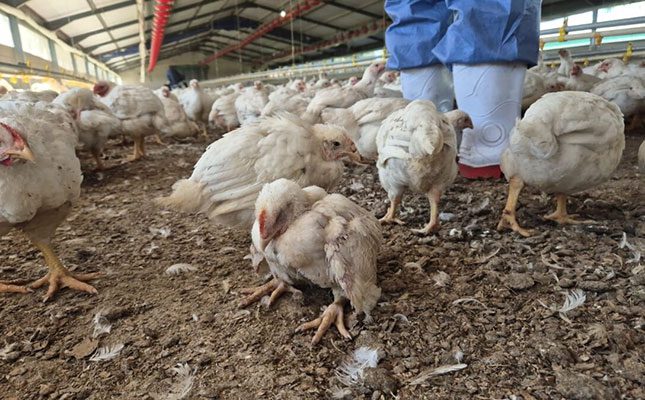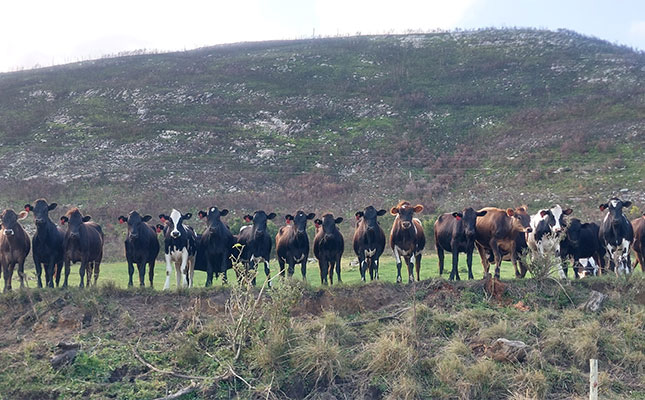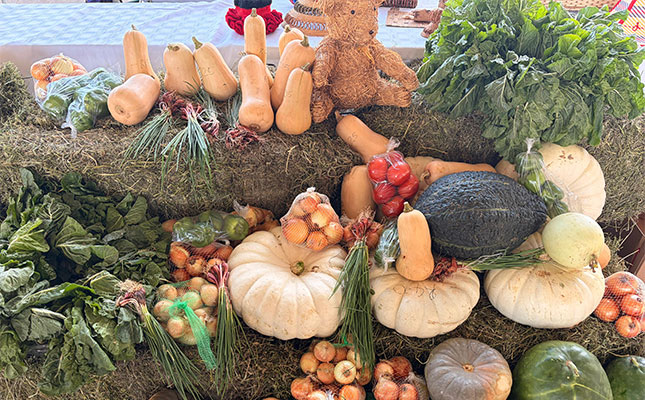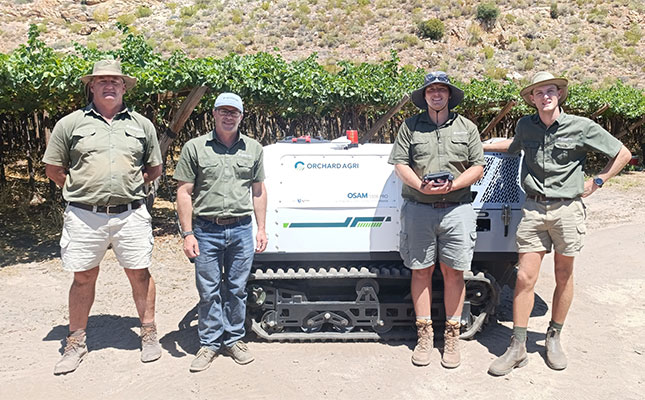
Over 350 000 chickens have been culled and over 500 000 have been placed out to rearing farms since the National Council of Societies for the Prevention of Cruelty to Animals (NSPCA) intervened at Daybreak chicken broiler farm in Delmas, Mpumalanga, a week ago.
Senior inspector Nazareth Appalsamy, manager of special investigations at the NCSPCA, told Farmer’s Weekly that these numbers did not fully reflect the horrors encountered at Daybreak and its network of contract growers, who were wholly reliant on Daybreak for feed.
“Thousands of birds died because of starvation, cannibalism and neglect. There was an overwhelming stench of decomposting animals mixed with emaciated chickens. On one of the farms, the worst so far, we found 42-day-old broilers that weighed only 500g, instead of the 1,8kg at which broilers are usually sent to the abattoir.”
Appalsamy said that Daybreak informed the NSPCA that they could no longer feed their broiler birds at the start of May and gave consent for the NSPCA to take over the birds.
“We initially thought only two farms were involved, but then there was another and another and another, with the situation being as dire at the one as the other. So far, we have been culling birds on seven farms.”
Compounding the crisis, Veterinary Public Health officials halted slaughtering at Daybreak’s own abattoir, because birds that had reached slaughter age did not reach slaughter weights, leaving the farm without an outlet for their broilers.
Appalsamy said he encountered workers on the various farms who had not received their wages, some for over a month. He said that Daybreak has since temporarily closed its head office and shut down broiler operations, with only the breeder operation continuing, as far has he knows.
“Workers have welcomed our efforts to put an end to the misery of these chickens, but the situation could have been averted if we were alerted sooner and action was taken when the company first became aware that it did not have enough food for the birds. The NSPCA flagged similar abuse on Daybreak broiler sites in February already. Fortunately, a lot of their contract growers then stopped production,” he said.
Izaak Breitenbach, CEO of the broiler organisation of the South African Poultry Association (SAPA), told Farmer’s Weekly that Daybreak failed to pay its SAPA membership at the end of last year, and the company was in the process of being removed as a member. “SAPA members adhere to strict animal welfare, food safety and social codes, and we distance ourselves from what is happening at Daybreak.”
He said Daybreak was a financially lucrative business when the Public Investment Corporation (PIC) funded the acquisition of the subsidiary of Afgri, which was later renamed Daybreak Farms, to the benefit of the black economic empowerment body AFPO Consortium in 2015.
The business, however, ran into financial problems from then on. Last year, Daybreak reportedly failed to repay R42 million to its largest poultry contract grower and defaulted on a R100 million emergency loan from Shoprite.
PIC rejected a request for a R250 million bailout in early 2025, which resulted in the resignation of Daybreak’s top management, including CEO Richard Manzini.
Breitenbach said there were media reports in which Daybreak’s demise was ascribed to it not being vertically integrated into the supply chain. “This is not true. Daybreak produces its own feed, day-old chicks and broiler birds, and has its own abattoir, which means they should have seen problems earlier and done something about it.”
Breitenbach added that outside factors, such as rising input costs, load-shedding, avian influenza, cheap imports and so forth could not be blamed for what happened at Daybreak, as all the other industry players were exposed to these factors.
“Other role players in the industry faced similar challenges, but they managed to maintain standards, unlike Daybreak.”
Daybreak’s problems should not affect market prices. “Production at Daybreak has been declining over time, with other producers stepping in to take advantage of the gaps they left,” Breitenbach said.
Farmer’s Weekly tried to get comment from Daybreak, but their landline phone number is not operational.
Warning: This video contains graphic footage that may be disturbing to sensitive viewers. Viewer discretion is advised.
Get trusted farming news from Farmers Weekly in Google Top Stories.
➕ Add Farmers Weekly to Google ✔ Takes 10 seconds · ✔ Remove anytime










